
Humanity’s thirst for knowledge has fueled scientific exploration for centuries. The birthplace of science, often attributed to ancient civilizations such as Greece, Egypt, and Mesopotamia, laid the foundational stones for the methodologies and principles we utilize today to understand our world and beyond.As we navigate through history, the vibrant emergence of science can be seen evolving from the initial spark of curiosity into a comprehensive and sophisticated pursuit of knowledge.
The Dawn of Scientific Thought
In ancient Greece, philosophers like Aristotle, Plato, and Pythagoras were instrumental in establishing principles of logic and reasoning that remain cornerstones in scientific inquiry. These early thinkers began to prioritize observation and systematic investigation over mythological explanations.Aristotle’s pioneering work in biology continues to resonate; his detailed observations provided valuable insights into the natural world.
Science in the Heart of Ancient Societies
As we explore further back, ancient Egyptian and Mesopotamian scientists developed sophisticated strides in astronomy, medicine, and agriculture. Their meticulous records in papyrus scrolls and tablets offer a glimpse into their profound understanding of celestial movements and medical practices.The development of the calendar system in Egypt, for instance, was a sophisticated fusion of astronomy and agrarian needs, revolutionizing farming practices and societal organization.
The Islamic Golden Age: A Scientific Renaissance
The Islamic Golden Age, spanning from the 8th to the 14th centuries, heralded an era of flourishing scientific innovation. Scholars like Alhazen, known for his work on optics, paved the way for major advances in mathematics, medicine, and chemistry.This period emphasized empirical observation and experimentation, which are pivotal in the modern scientific method. Moreover, the preservation and expansion of Greek and Roman texts during this era provided Europe with the groundwork for their own Renaissance and the subsequent Scientific Revolution.
The Scientific Revolution: A Turning Point
The Scientific Revolution of the 16th and 17th centuries fundamentally transformed the tapestry of science with trailblazers like Copernicus, Galileo, and Newton.These thinkers challenged traditional doctrines and entrenched beliefs, advocating for a heliocentric model of the solar system and the laws of motion and universal gravitation, grounding science firmly on empirical evidence and challenging centuries-old misconceptions.
Modern Implications: Science as a Pillar of Progress
Today, the legacy of these foundational epochs reverberates in our modern research landscape. The methodologies refined over centuries form the backbone of contemporary scientific investigation, driving innovation in technology, healthcare, environmental studies, and beyond.Quantum mechanics, genetic research, and artificial intelligence represent just a few realms where science’s birthplace has facilitated extraordinary progress.This evolution underscores a continual journey of inquiry, evidencing how humanity’s persistent curiosity has driven societal advancement across millennia.
The Future: Unveiling New Frontiers
As we stand at the threshold of new scientific endeavors, the lessons from science’s birthplace remain ever relevant. Interdisciplinary collaboration, perseverance in exploration, and rigorous methodical approaches ensure that the wonders yet to be discovered will build on a foundation thousands of years in the making.Embracing the spirit of innovation and respecting the empirical legacies of the past, the scientific community is poised to tackle the challenges of tomorrow with ancient tenets guiding new possibilities.
Humanity’s thirst for knowledge has fueled scientific exploration for centuries. Today, the legacy of these foundational epochs reverberates in our modern research landscape. 
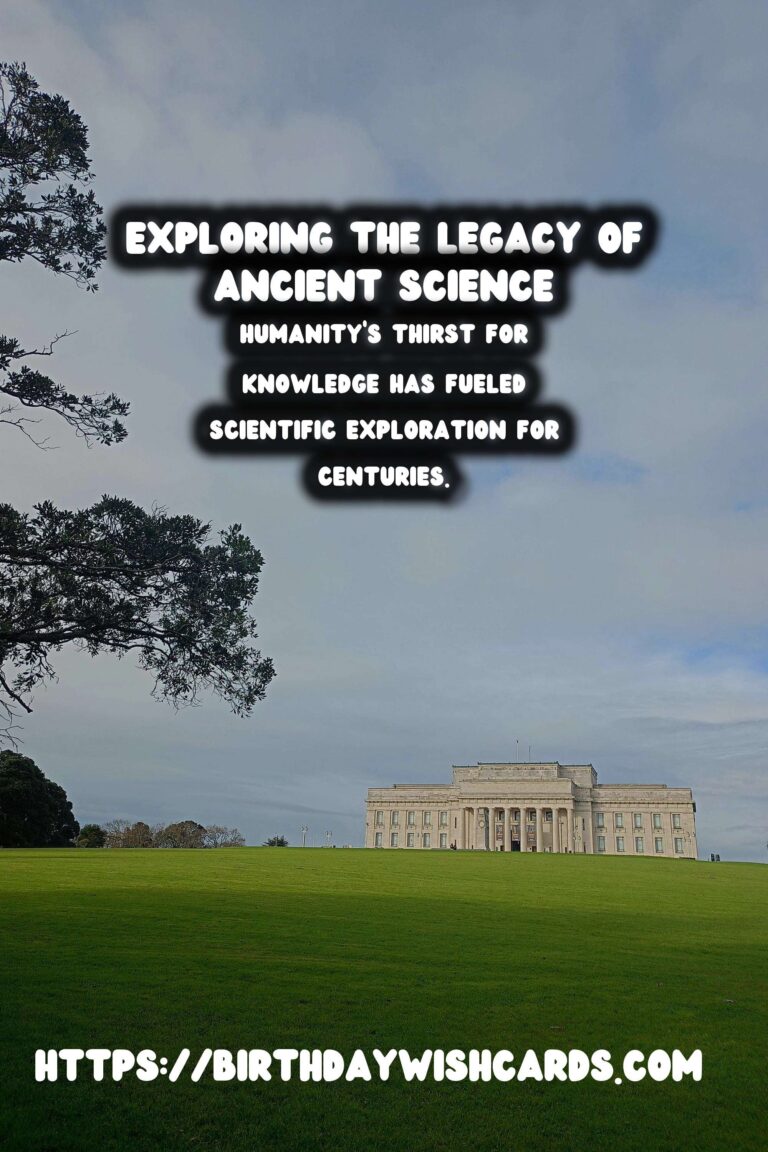

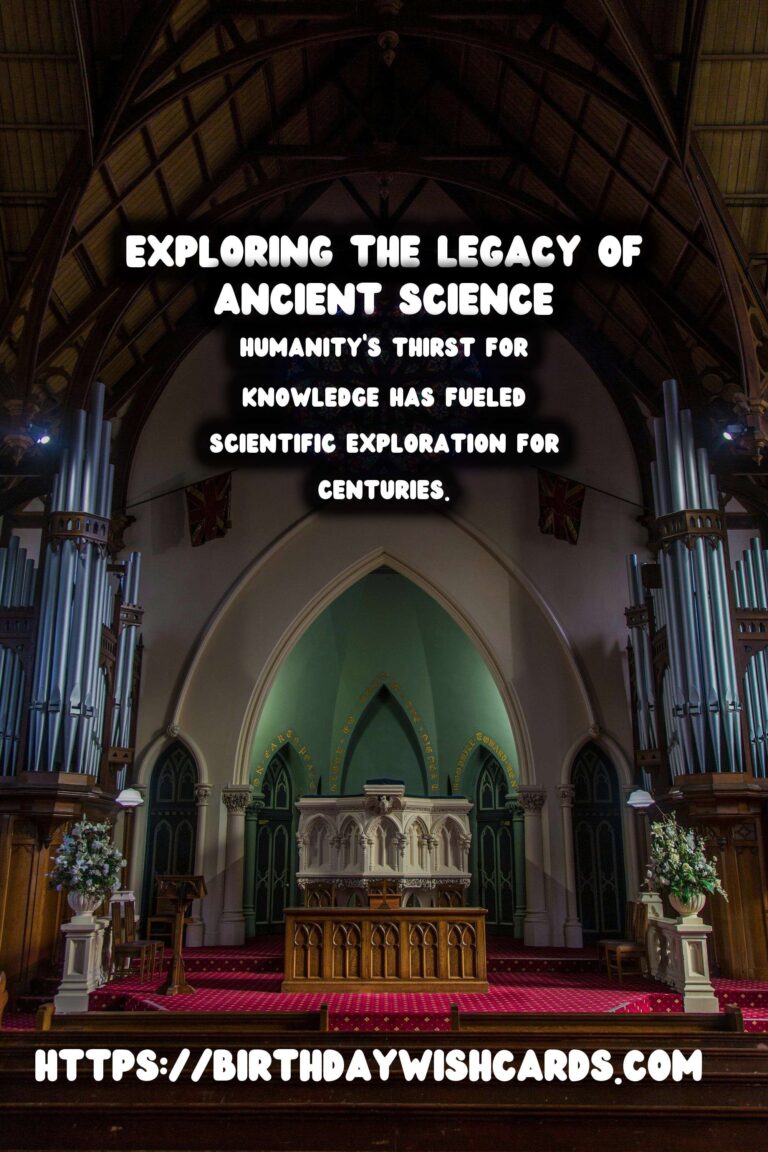
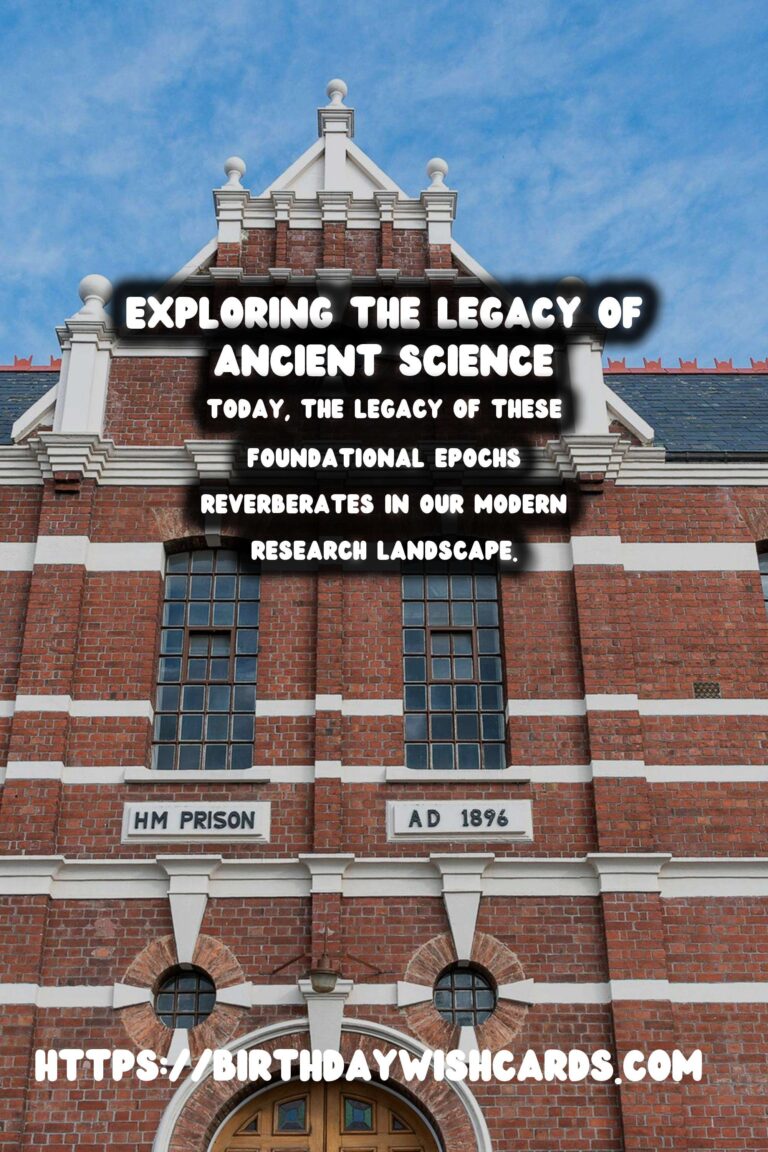
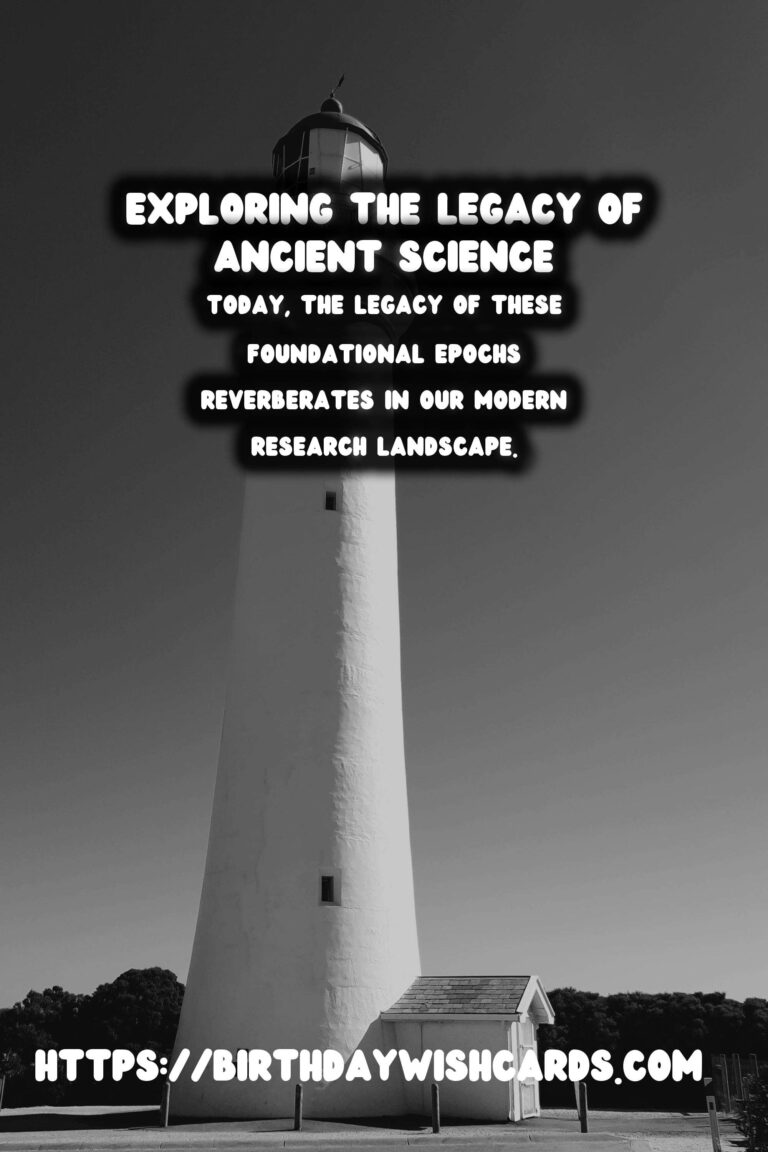
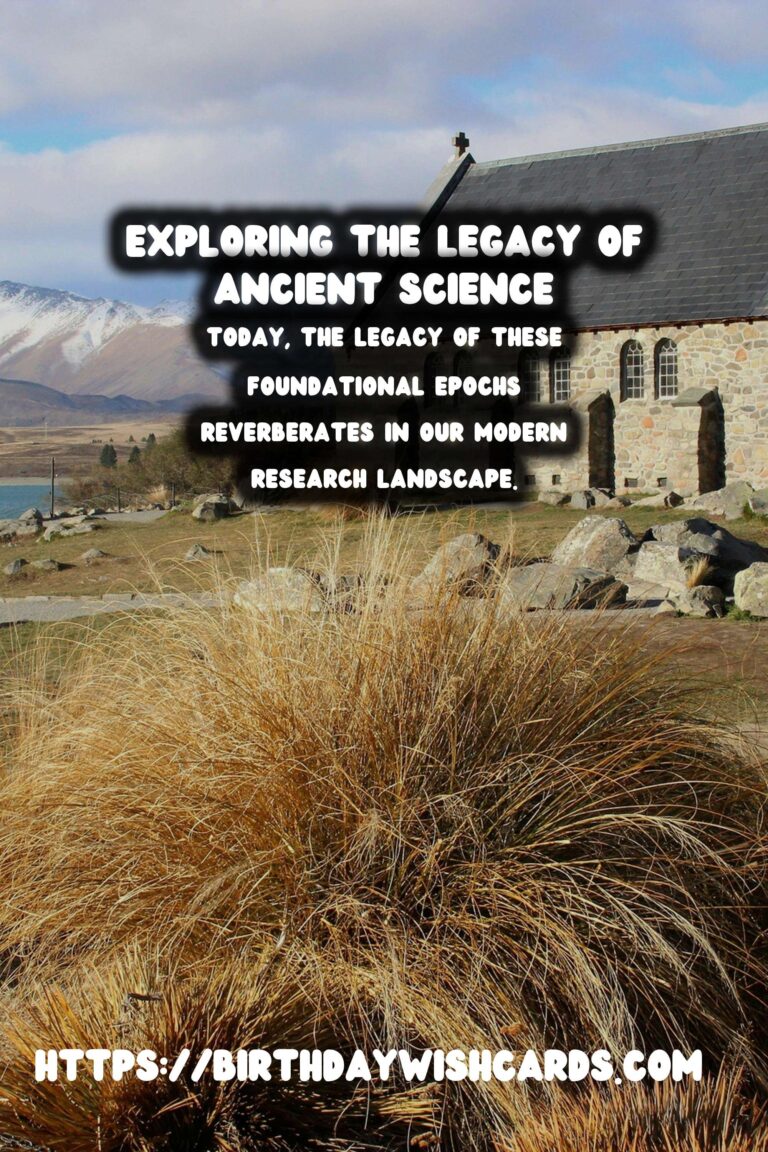
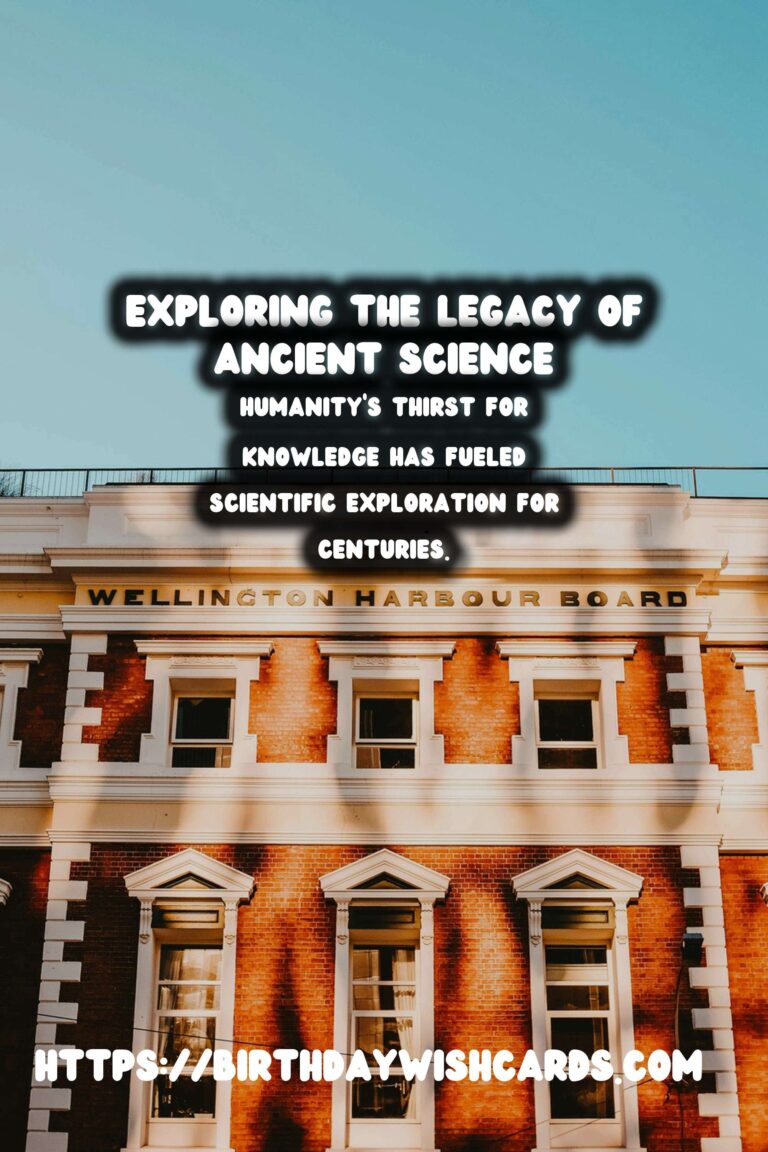
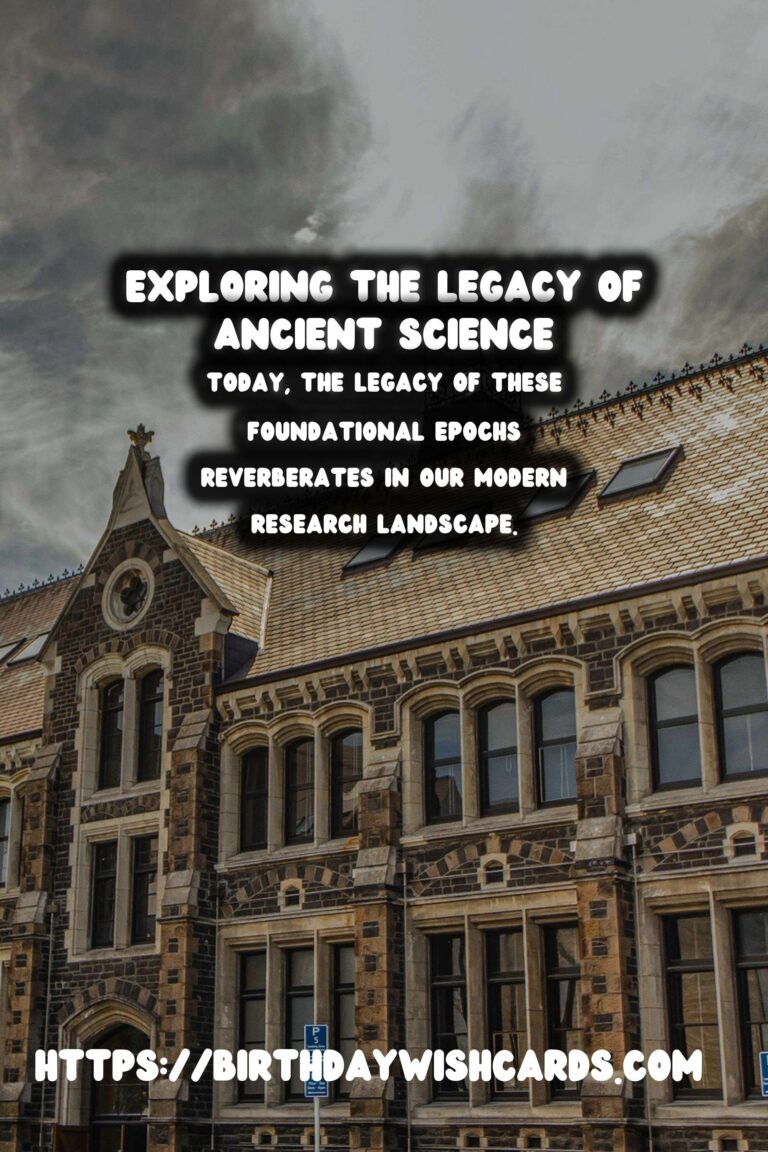
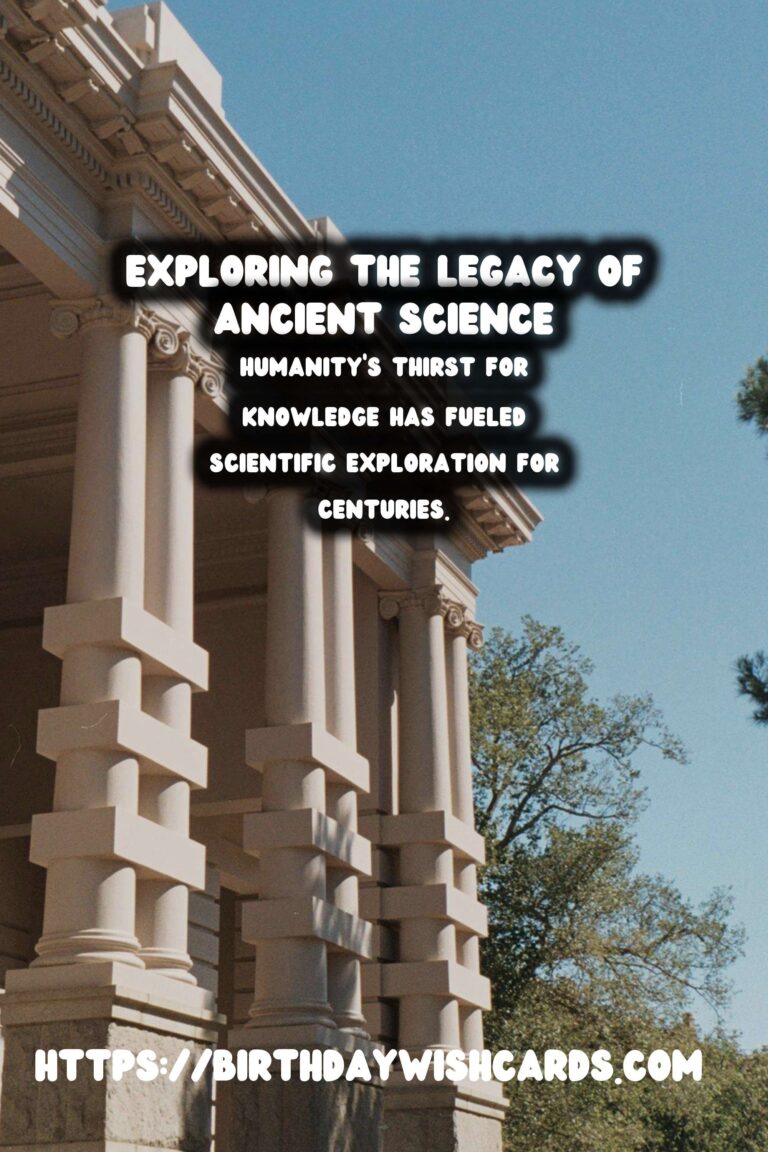
#Science #ResearchLegacy




